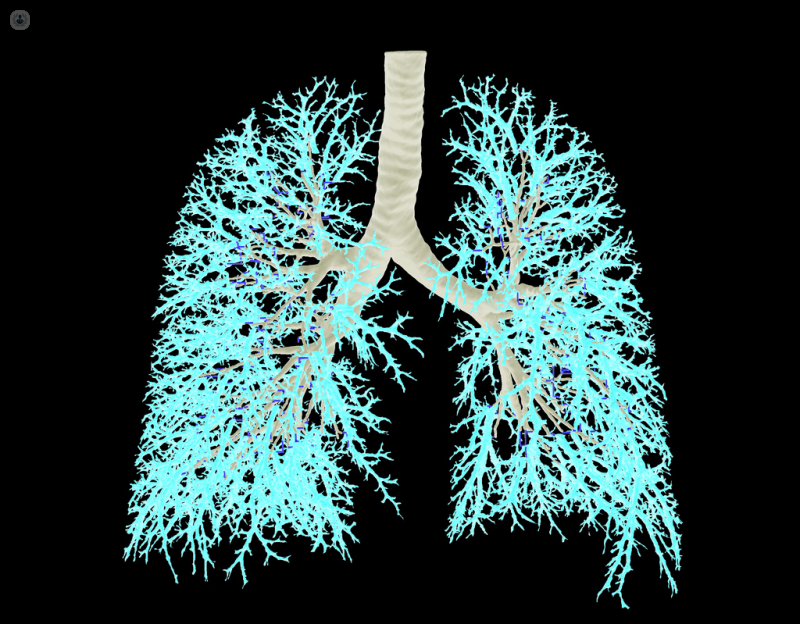


What is lung disease?
The term “lung disease” is a broad one, encompassing all conditions that prevent the lungs from working properly. There are three main types of lung disease:
What are the symptoms of lung disease?
Some of the symptoms that are present in lung diseases are:
Causes of lung disease
Different diseases have different causes. Many lung disease are cause by infection by bacteria, viruses, or fungi, which may have been breathed in. to start the infection. Some, like sarcoidosis, affect multiple systems in the body.
Inhaling certain substances can damage the lungs, either directly causing or becoming a contributing factor to lung disease. These include polluted air, chemical vapours, excessive dust, and tobacco smoke.
Can lung disease be prevented?
The best way to prevent lung disease is quit smoking (or simply not to start in the first place). If the patient already suffers from lung disease, then they should stop smoking immediately to prevent complications and delay the progression of the disease. They should also avoid exposure to the other airborne irritants.
What is the treatment for lung disease?
The basic objectives of the treatment of lung disease are:
Different diseases require different treatments, ranging from medications to lung transplants depending on the nature and severity of the disease.
